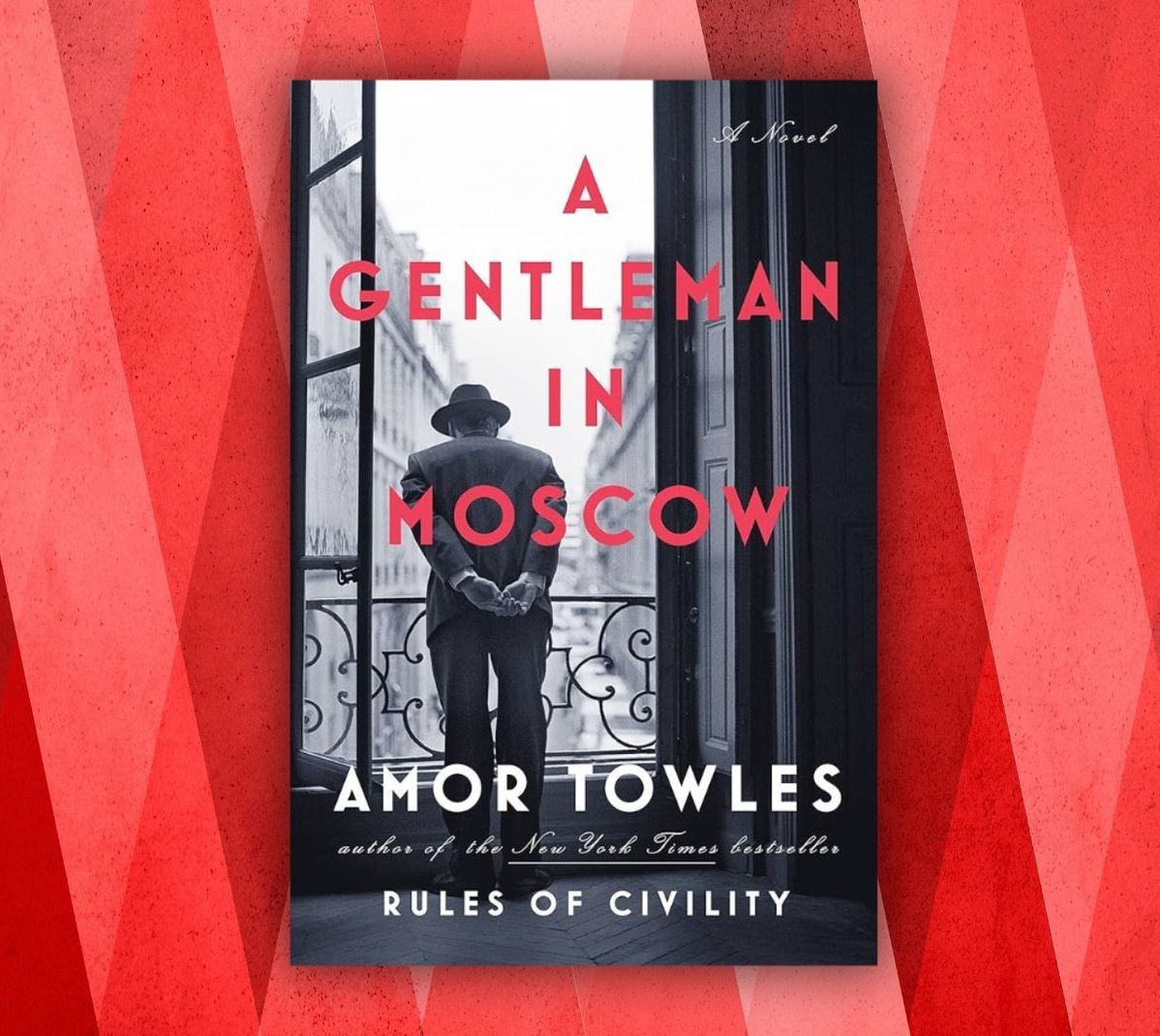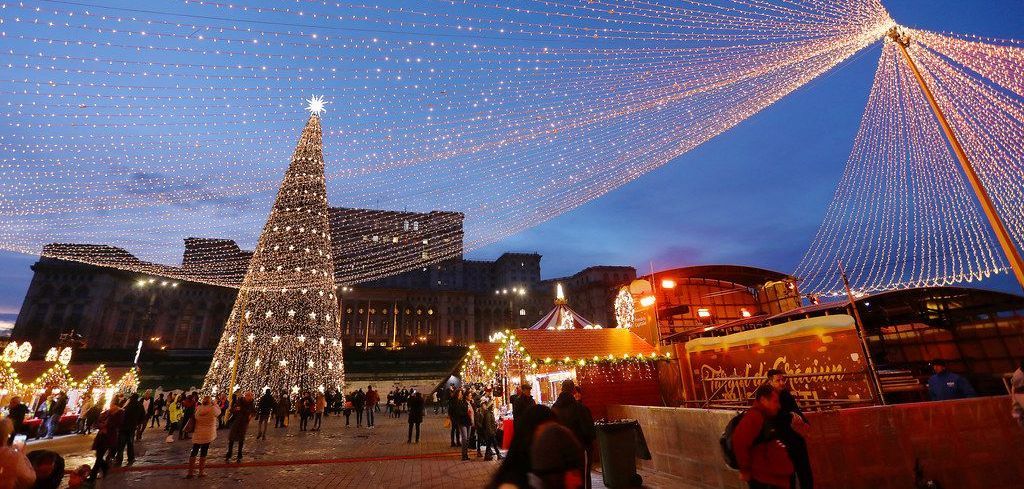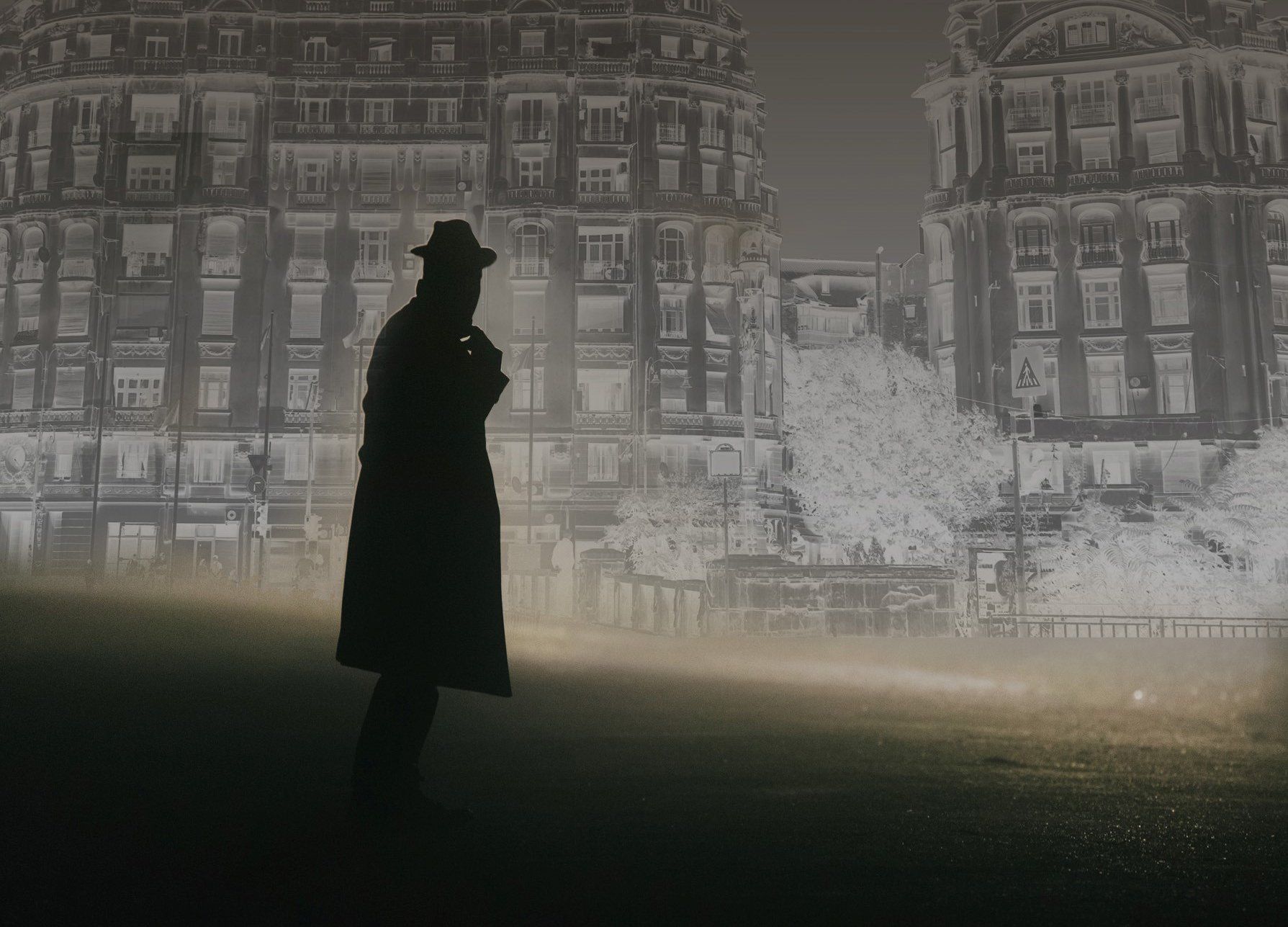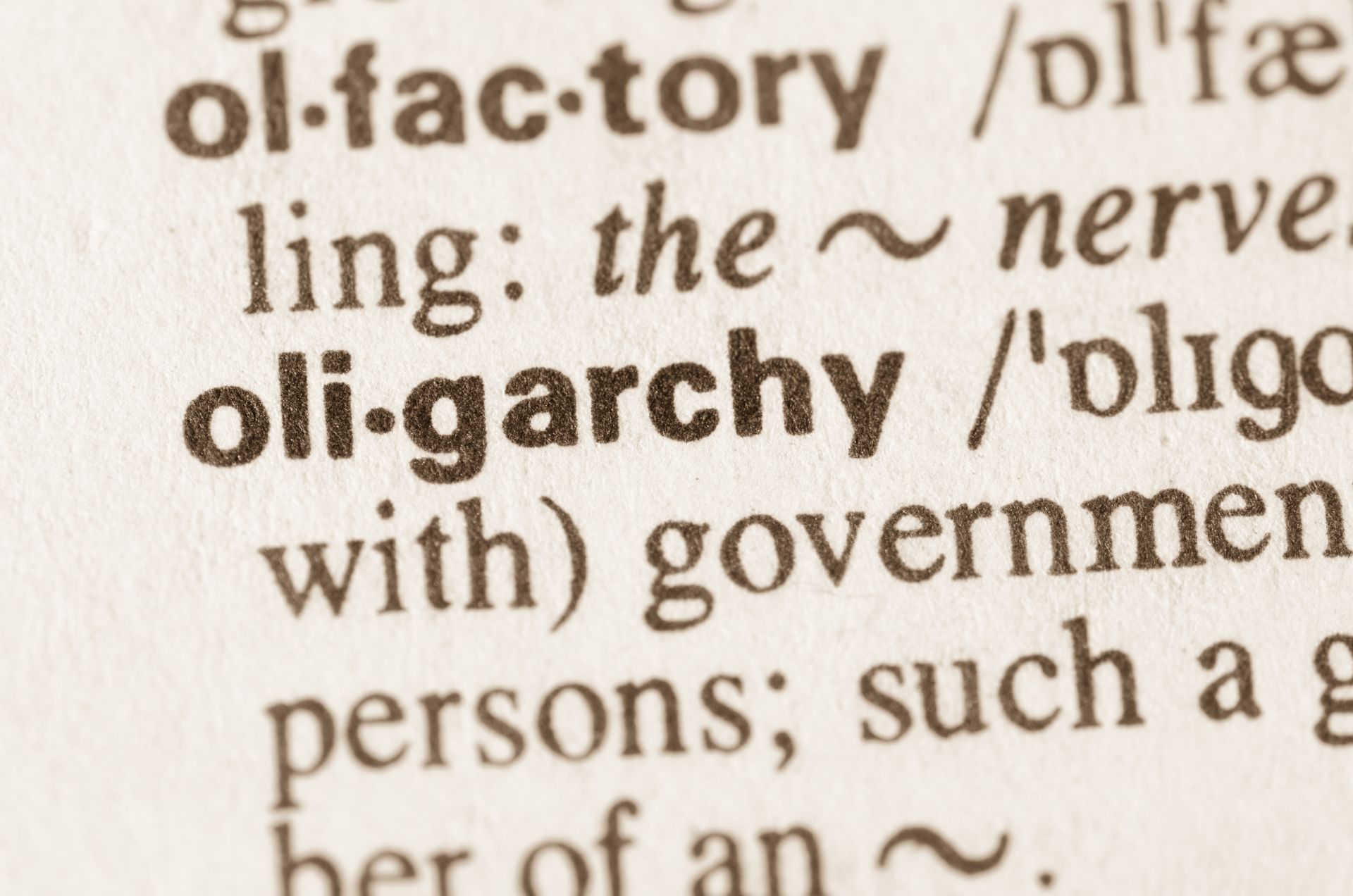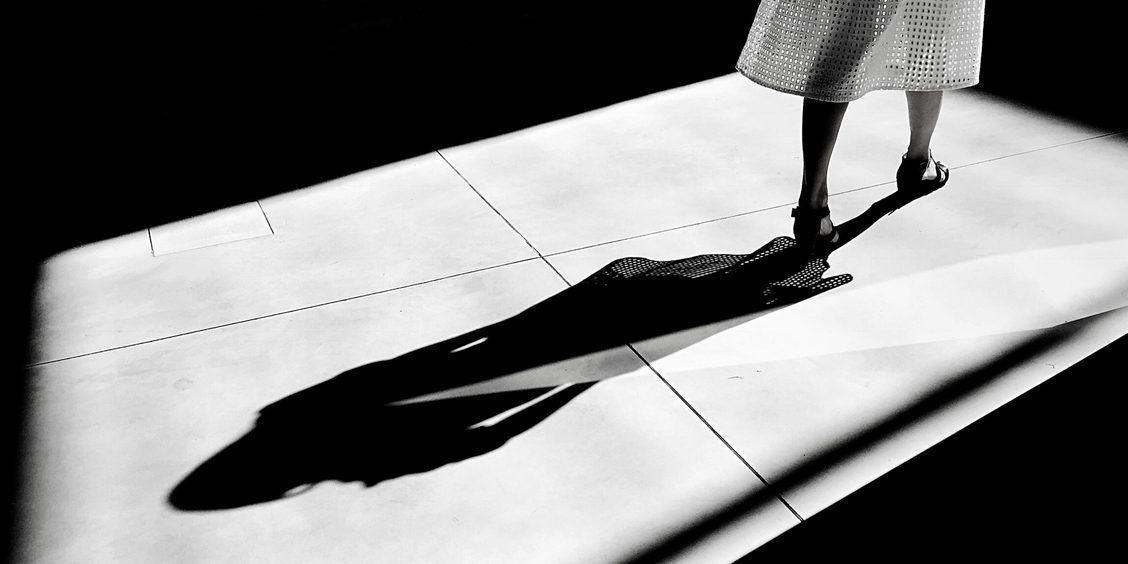What is an Oligarch?

A term we have all encountered in relation to current events in Russia is that of “oligarchs.” But what is an oligarch?
The definition actually goes back to Aristotle. It refers to wealthy persons whose fortune depends on the king, or the ruler. In Europe oligarchs have gone by other names, such as duke, earl, count, or baron. These men—and they were usually all men—were political allies, great generals, or valiant warriors to whom the king gave a sizable piece of land, along with a title, as a reward for their loyalty. They knew that the king could take away their wealth at any time if their loyalty wavered. In a recent meeting Putin is reported to have warned his oligarchs that he gave them their wealth and he could take it away if they didn’t conform.
Throughout history, the oligarch system has been used by rulers to shore up their hold on power. Communism also created a form of oligarchs. Throughout the communist system, officials in power routinely stole from government coffers and demanded hefty bribes during transactions with Western companies. In Romania, the security service, the Securitate, knew and documented this corruption, and Ceausescu was well aware of it. But he did nothing about it. Why? Because he knew that he needed underlings whose wealth depended on keeping him and the communist system in power.

During the transition process to a democratic system, a new class of oligarchs was formed. The new government, whose members had previously been part of the communist system, had to privatize all the industries owned by the communist state. This privatization process was severely corrupted, resulting in these industries falling into the hands of a privileged few. These lucky people were all former Securitate officials or closely related to them. Why these officials? Because the Securitate held dossiers on all important people in the country documenting their corruption during the communist days. It included company managers, members of parliament, judges, and administration officials, including the president.

But blackmail was rarely necessary. The entire system was a symbiotic relationship between those in power—who received sizable bribes or became secret shareholders of these newly privatized companies—and the new oligarchs. Together they stole the country’s most valuable assets.
The corruption of the privatization system, and the formation of oligarchs, occurred in most of the communist countries. These new billionaires have since bought up media companies, which they use as propaganda machines to keep certain leaders in power, to pass favorable laws, and to wield political influence.
In the U.S. we don’t have oligarchs who depend on their leaders for their wealth, at least not directly. But we do have wealthy individuals who use millions in campaign contributions—which has been dubbed a legal form of bribery—to pass laws favorable to them. And we have a major news network that has admitted to using false propaganda to bolster one of the two major political parties—variations of the same tools refined over millennia.
